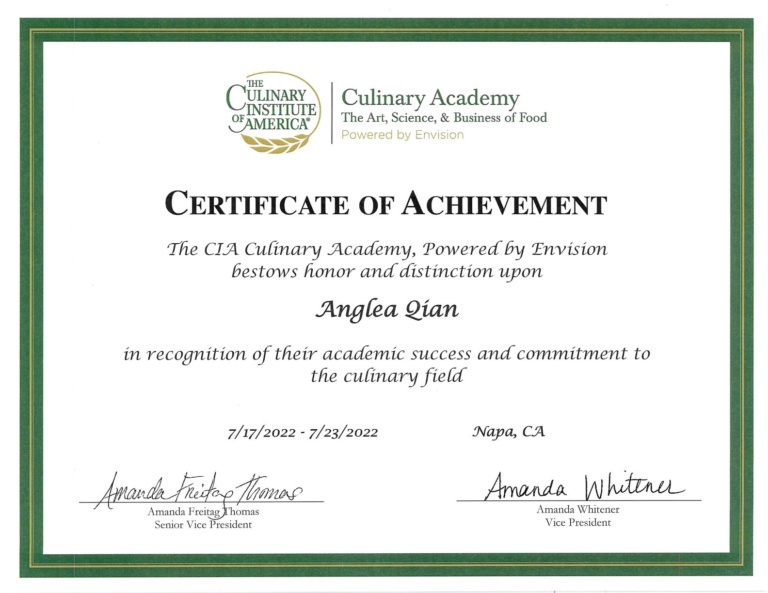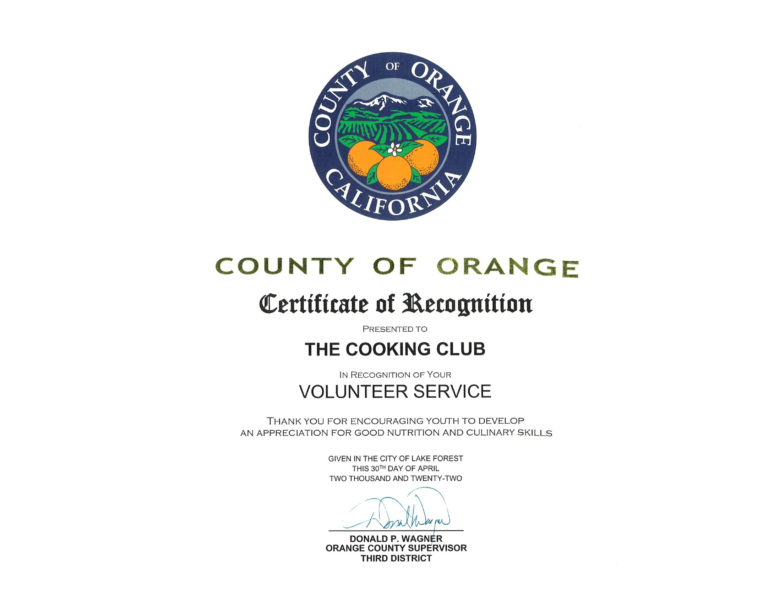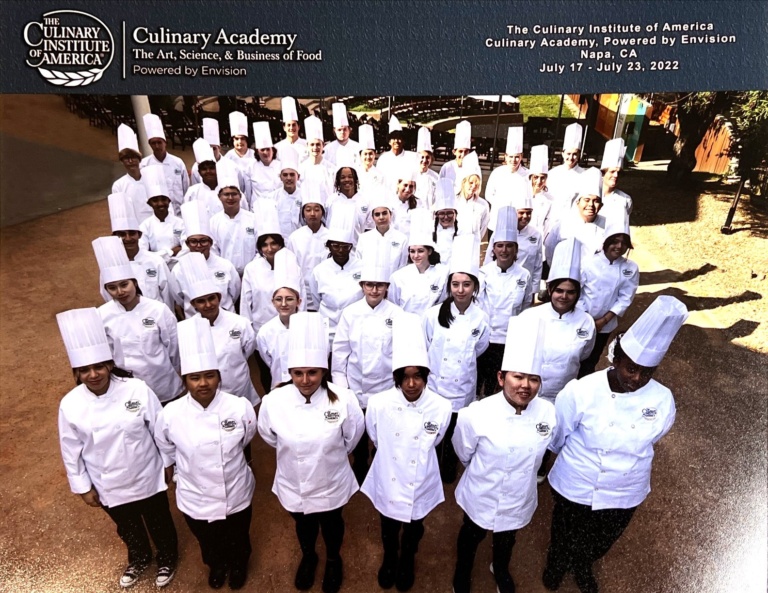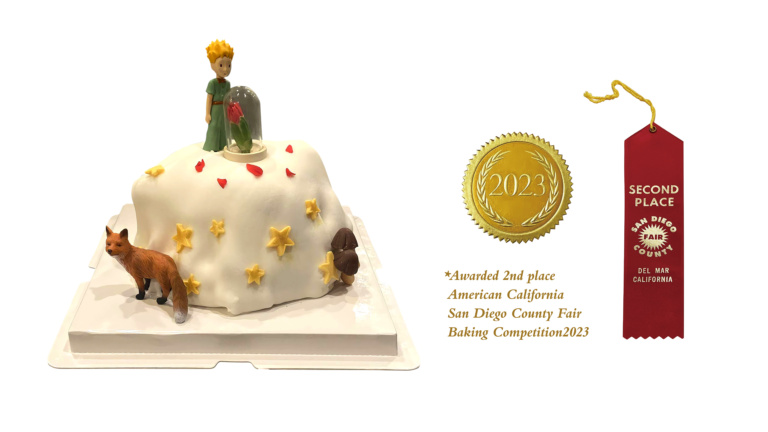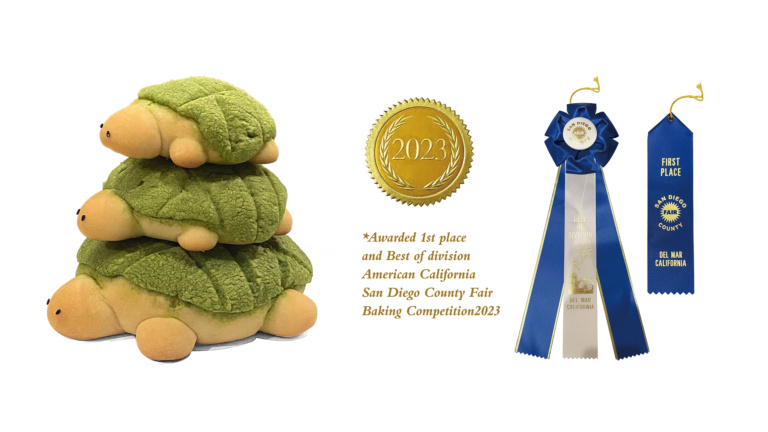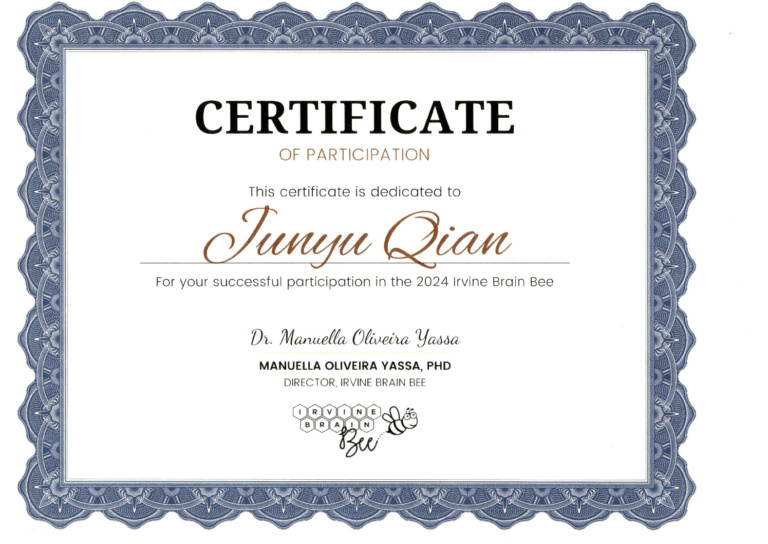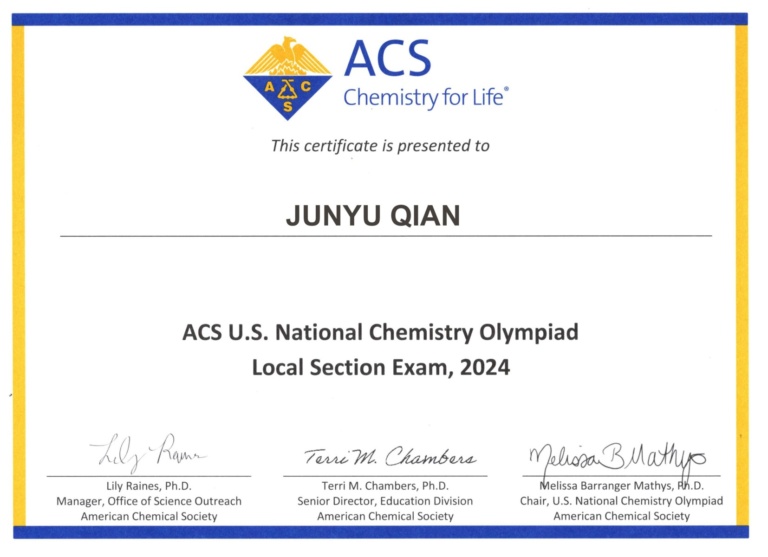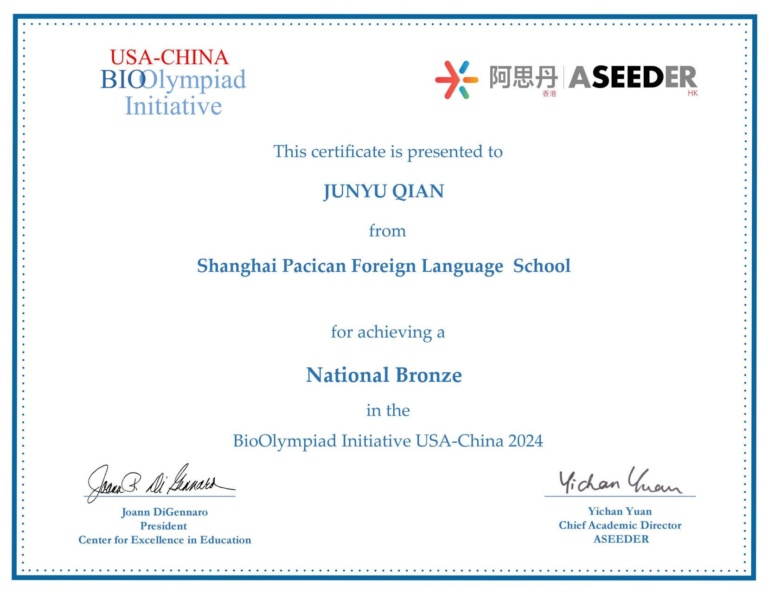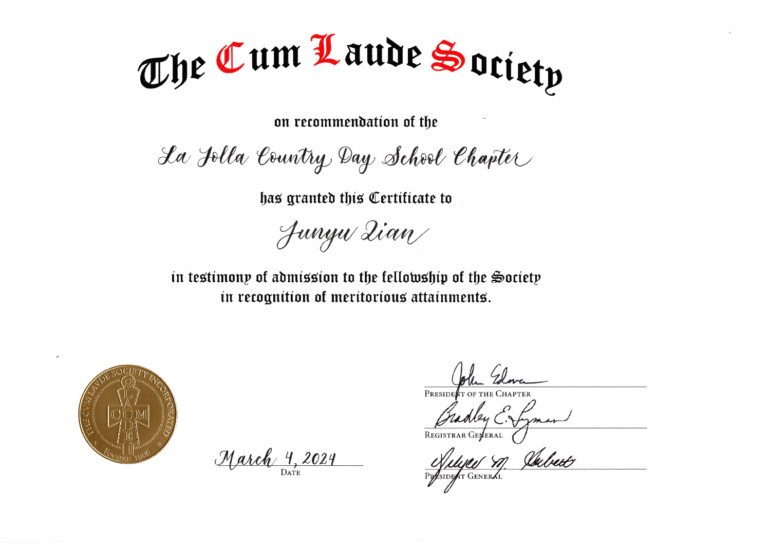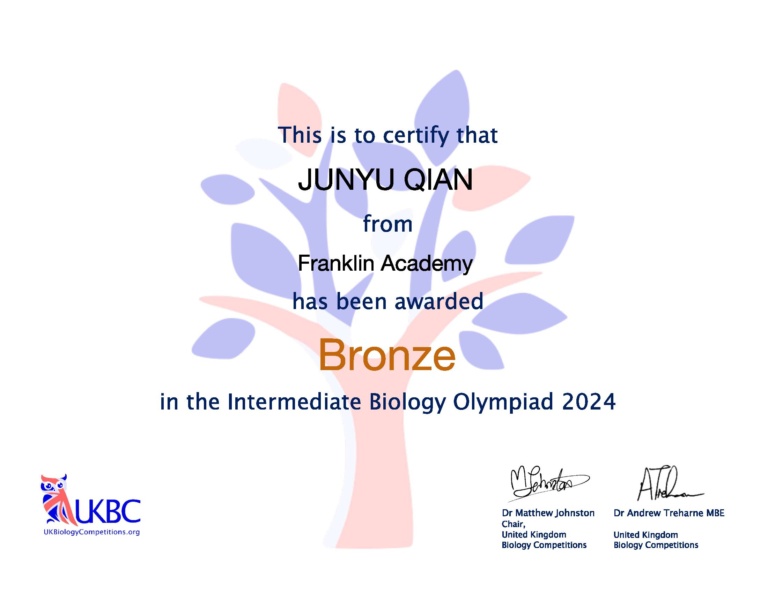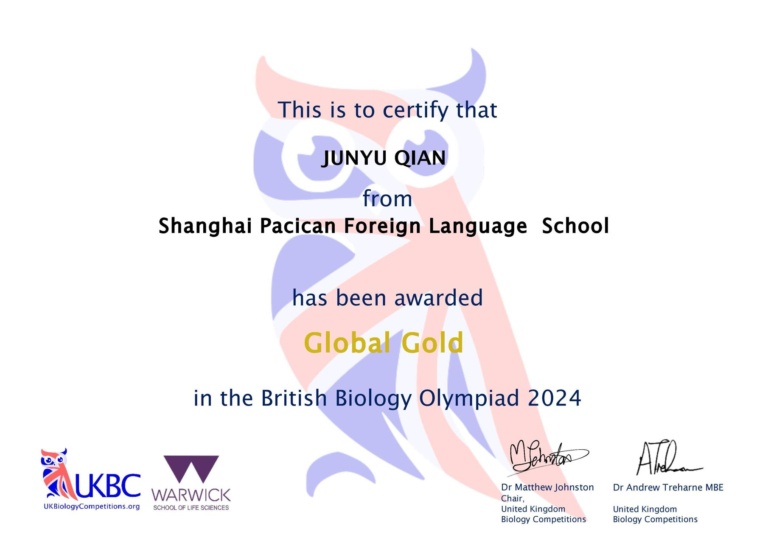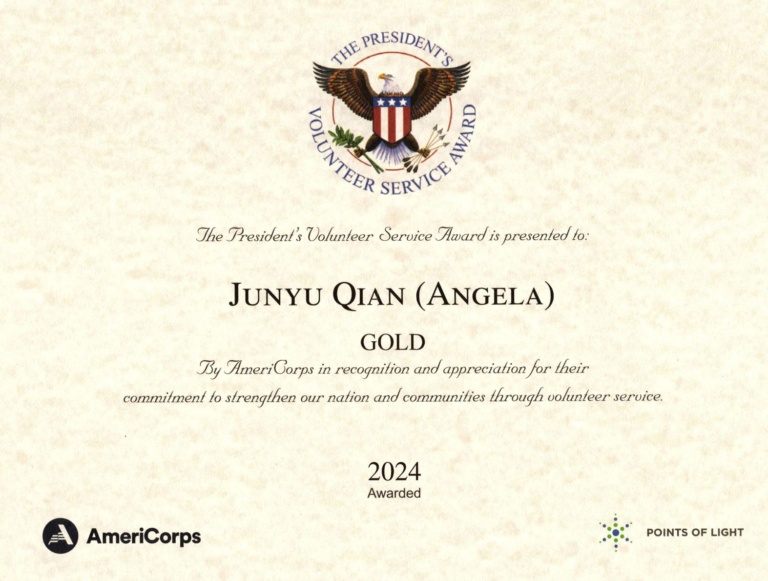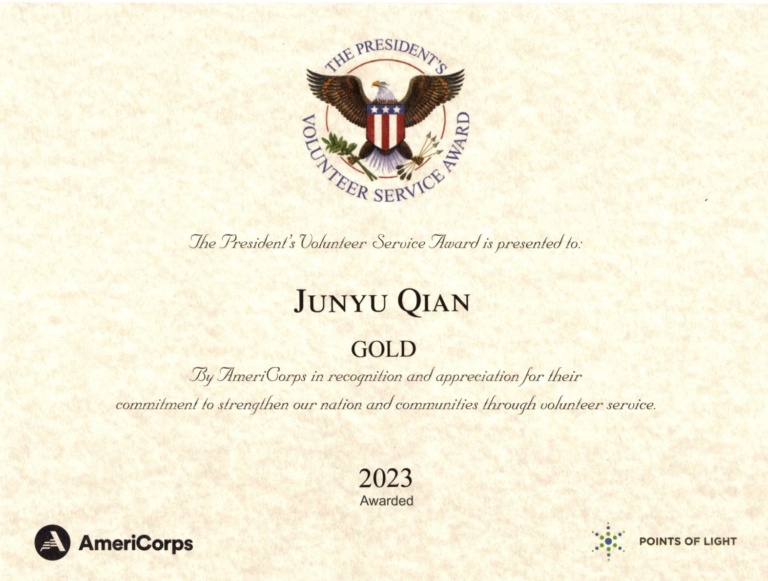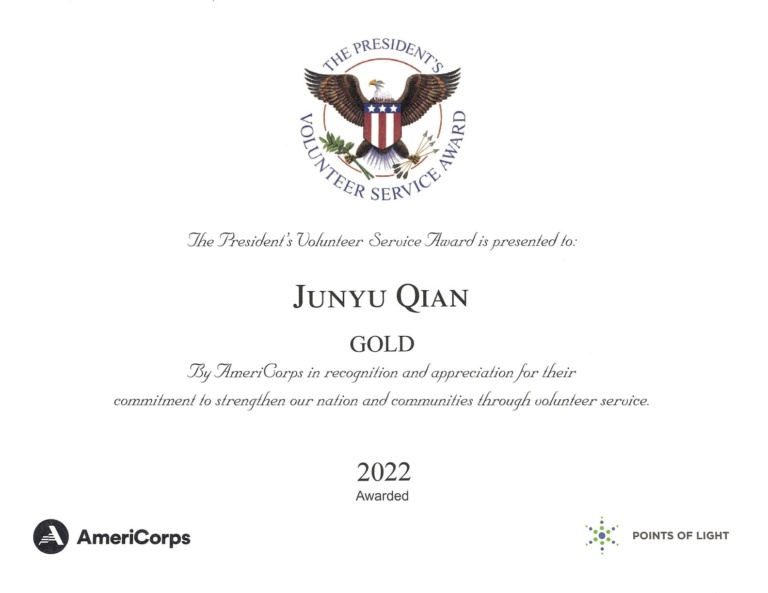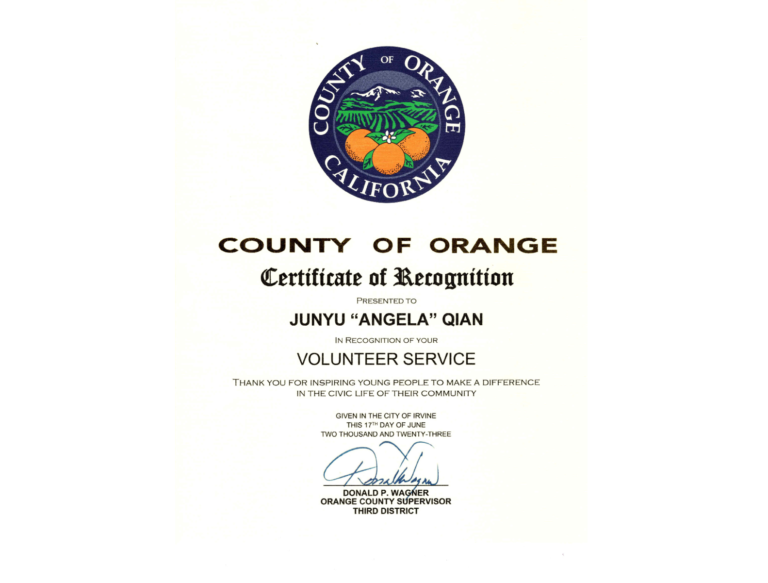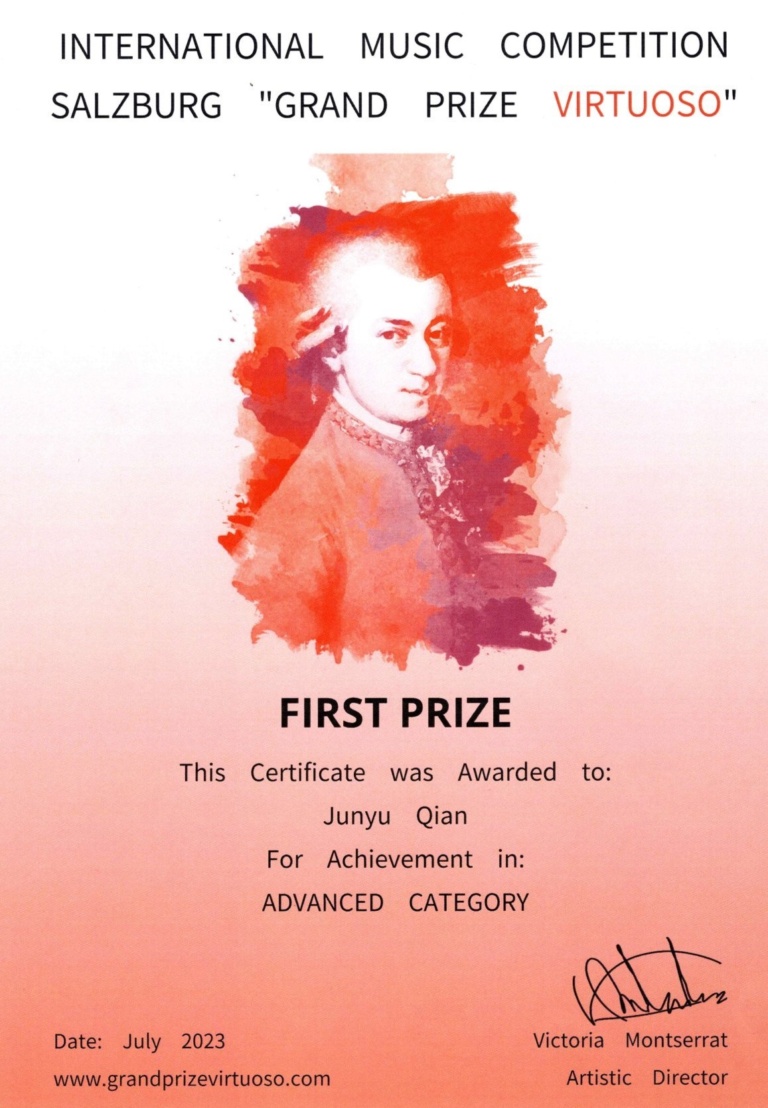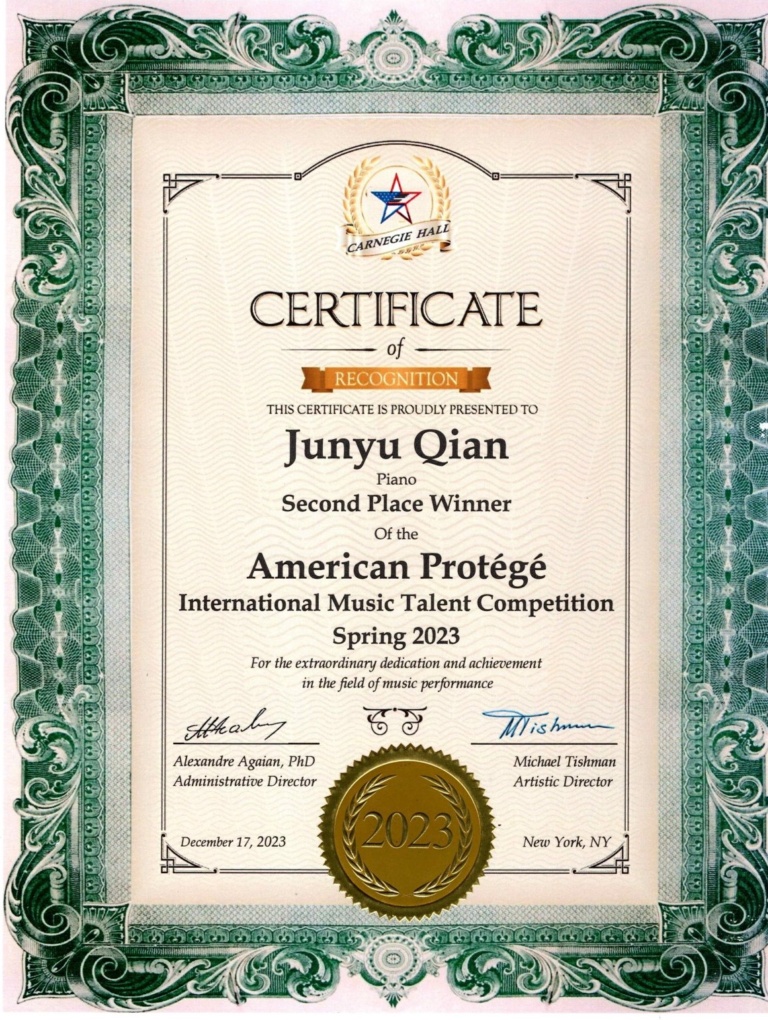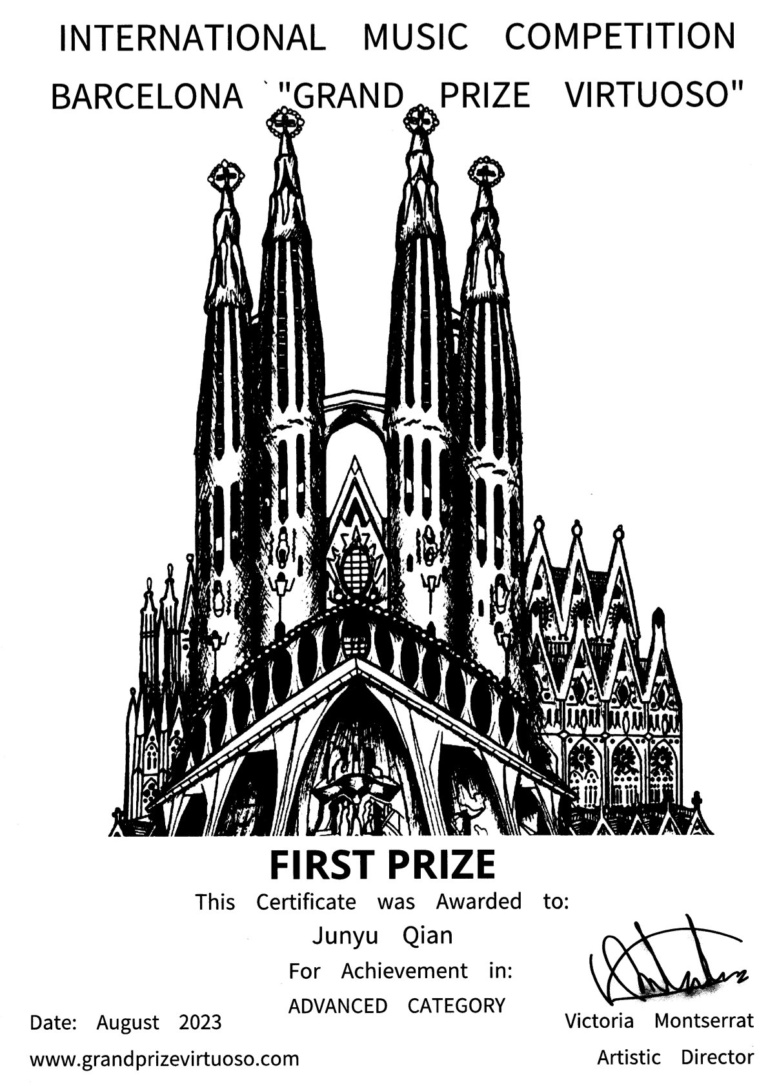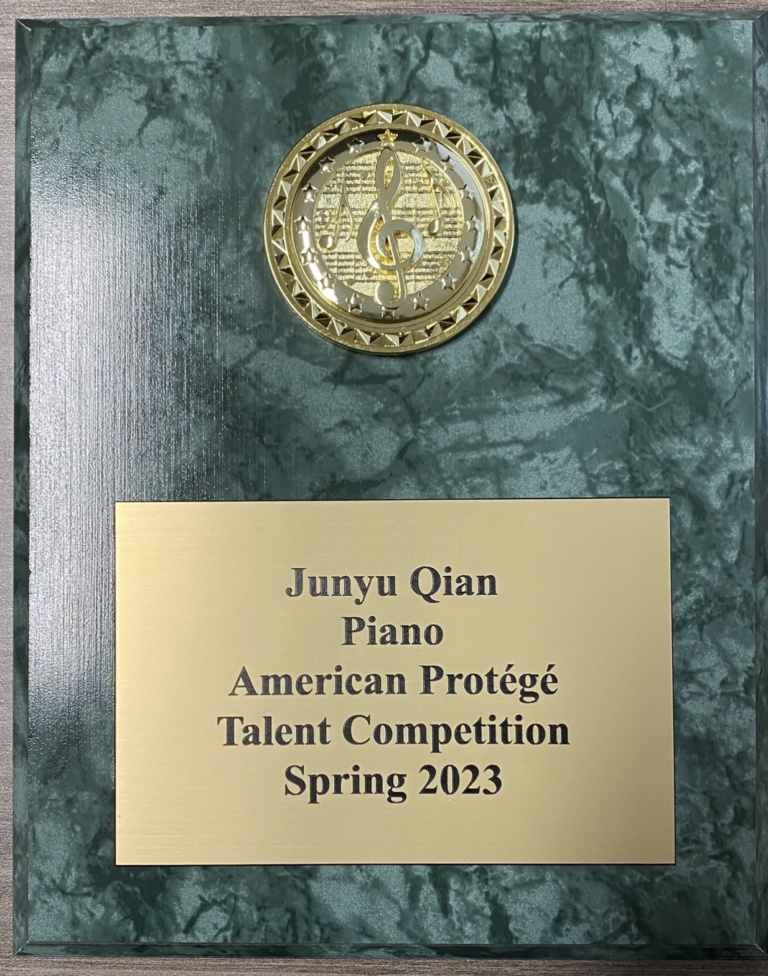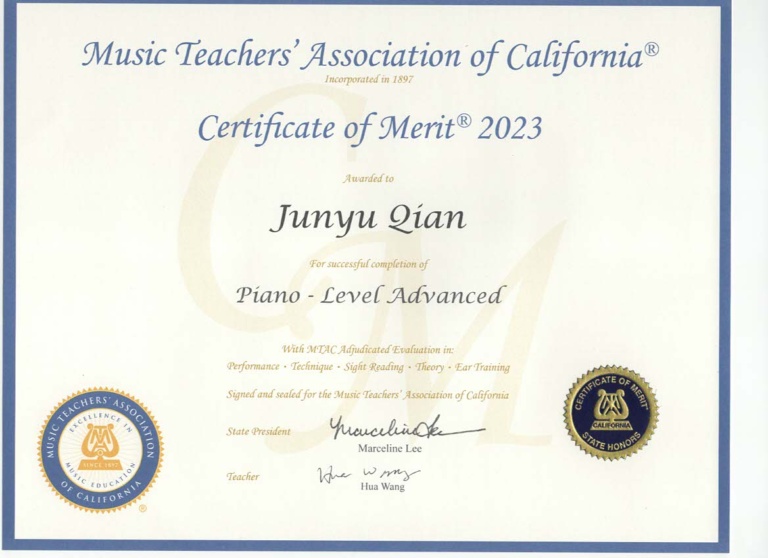Certificates
Cooking Awards
Academic Awards
Community Service Awards
Art Awards
Selected Projects

RESEARCH 1
Food for Thought
Analyzing High-School Students’ Perception of Cuisines, Eating Habits, and Dietary Preferences
This study examines high school students'perceptions of cuisines, revealing that preferences vary by gender, cultural background, and individual food choices. While Chinese, Japanese, and Italian cuisines were favored, French and Indian cuisines received lower ratings, possibly due to the predominantly Chinese and Chinese American sample. The research highlights links between food preferences, dietary habits, and health perceptions, suggesting the need for improved food literacy and diverse school lunch options to promote healthier eating habits.
RESEARCH 2
EGCG as a Potential Therapeutic for Breast Cancer
This review paper highlights the potential of Epigallocatechin Gallate (EGCG), a green tea compound, as a therapeutic agent for breast cancer. EGCG targets key cancer hallmarks by inhibiting enzymes involved in oxidative stress, modulating gene expression to reactivate tumor suppressors, and regulating crucial signaling pathways. Despite its low bioavailability, EGCG offers a promising, less toxic alternative to traditional treatments. Further research is needed to optimize its delivery and fully establish its clinical efficacy.


Columbia Precollege Programs
Spending a week at Columbia's precollege program allowed me to deeply explore human behavior through a psychological lens. The experience enriched my understanding of psychology, revealing the underlying reasons behind our actions. Engaging in lectures and group activities, such as debates, made me realize how fascinating the subject truly is. This week at Columbia sparked my interest in psychology and helped me envision a future where I can further apply this knowledge.
NS 1600 Introduction to Public Health
Time: 6/24/24-8/2/24
Letter Grade: A
Credits: 3
Delving into Public Health for six weeks exceeded my expectations, teaching me that nutrition extends far beyond science—it plays a crucial role in community and societal well-being. NS1600 made my summer unforgettable, as my partner Rhea and I developed a public health intervention aimed at reducing iron deficiency risks. We designed a nutrition workshop, which gave me firsthand experience of what a career in public health entails. This course deeply inspired me and strengthened my resolve to pursue a future in nutrition and public health.


Stanford Introduction to Food and Health
Stanford’s Coursera course offered the ideal platform for me to explore my passion for nutrition in a structured and engaging way for the first time. The course introduced me to essential concepts such as the glycemic index, macromolecules, and the role of nutrients in the body. I gained a solid understanding of how food influences metabolism, energy levels, and overall health. This experience not only deepened my knowledge of the science behind nutrition but also fueled my desire to further study the ways in which dietary choices impact us biologically.

